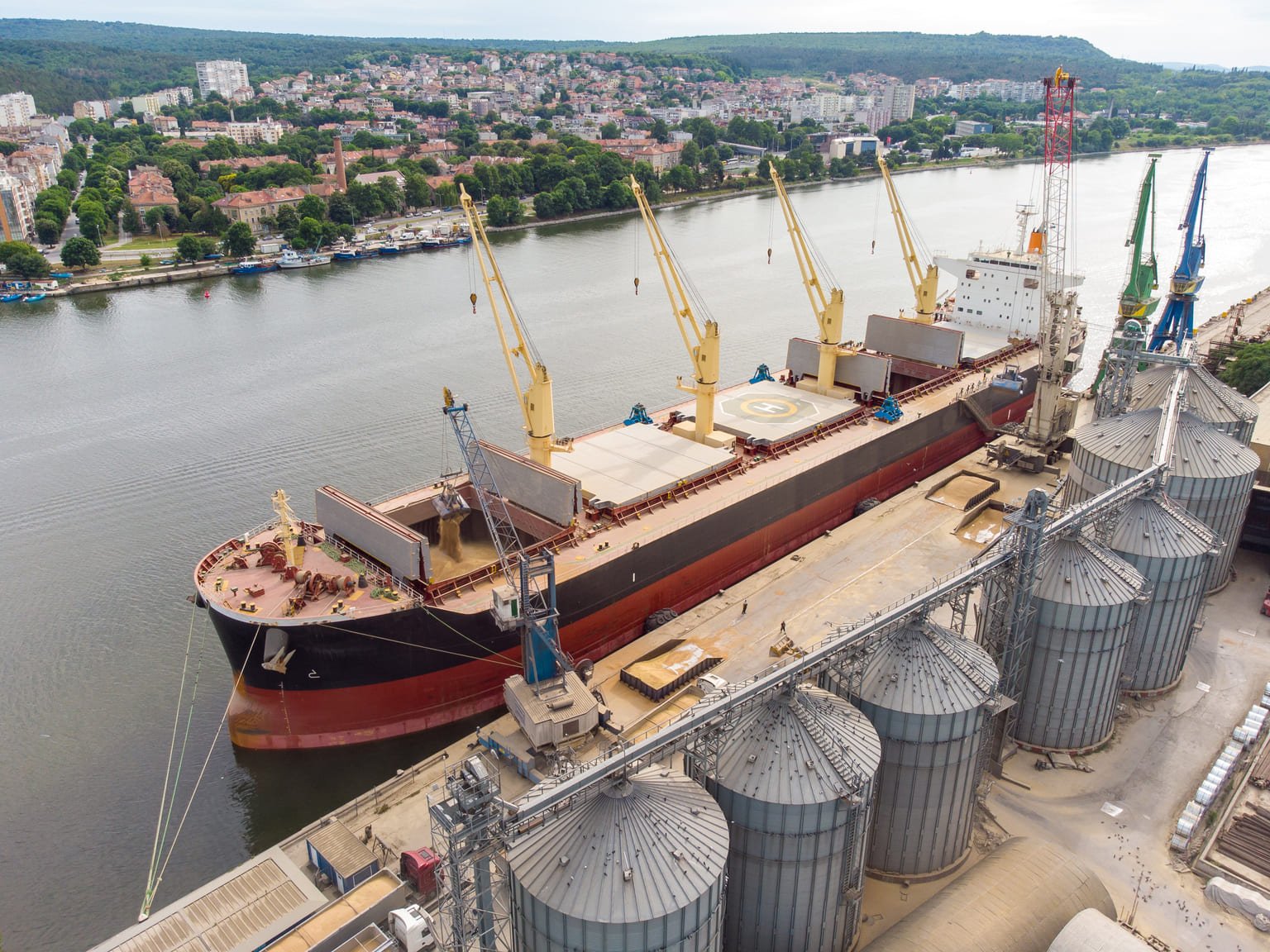Bulk Shipping Services
Why Choose Us?
- Bulk Shipping Experts: Our specialists have over 10 years of experience in the industry, guiding and serving 1000s of corporate and individual clients.
- Full One Stop Bulk Shipping Services: Our One-Stop Bulk Shipping Services is designed to be fuss-free for our clients. This includes the door-to-door picking up and delivery of cargo, warehousing services, processing of customs clearance, and even the application for cargo insurance, among others.
- Accurate Quotations With No Hidden Costs: We take pride in providing accurate bulk shipping quotations that are straightforward and transparent, allowing you to budget effectively and make informed decisions.
Request For Logistics Assistance Now!
- Engage Us Over Email / WhatsApp
- Consult Our Specialist(s)
- Get Your Cargo Delivered
Free Quotation For Your Shipment
One Stop Freight Solutions For Your Convenience
OUR FULL RANGE OF BULK SHIPPING SERVICES INCLUDE
OUR GLOBAL BULK SHIPPING COVERAGE

Who Is Sea Freight Suitable For?
Request For Logistics Assistance Now!
- Engage Us Over Email / WhatsApp
- Consult Our Specialist(s)
- Get Your Cargo Delivered
Express Freight Management
Express Freight Management is your one-stop shipping solutions provider. With a global reach and a commitment to customer satisfaction, we ensure smooth and efficient shipping from start to finish.
FAQs About Bulk Shipping
What Does Bulk Shipping Mean?
Bulk shipping refers to the transportation of cargo that is loaded and stowed directly into a transport vessel in large, unpackaged quantities. Instead of being placed in individual containers or boxes, the commodity itself—whether solid or liquid—is poured, pumped, or conveyed into the holds or tanks of a ship, barge, or truck.
This method is specifically designed for raw materials and primary commodities that are moved in massive volumes. The cargo is categorized into two main types:
-
Dry Bulk: This includes solid, granular materials like grain (wheat, corn, soy), minerals (coal, iron ore), and construction materials (cement, sand, gravel).
-
Liquid Bulk: This includes all liquid cargo, such as crude oil, petroleum products, chemicals, and liquefied natural gas (LNG).
The core principle of bulk shipping is cost reduction. By moving an enormous quantity of a single product in one massive shipment, the transportation cost for each individual ton becomes significantly lower than it would be if shipped in many smaller batches. This makes it distinct from container shipping, which handles packaged goods, or break bulk shipping, which deals with items that are individually loaded.
What Is The Difference Between Bulk And Break Bulk Cargo?
The fundamental difference between bulk and break bulk cargo lies in how the goods are packaged and handled during transportation. While the terms may sound similar, they represent two distinct methods of shipping.
Bulk Cargo refers to unpackaged, homogeneous goods that are loaded directly into a vessel’s hold or a transport vehicle.[2][3] This type of cargo is typically transported in large quantities and is measured by weight or volume, not by individual units. The handling of bulk cargo is highly specialized and often automated, utilizing equipment like conveyor belts, pumps, and pipelines for loading and unloading.
Break Bulk Cargo, also known as general cargo, consists of goods that are individually packaged or bundled. These items are loaded and unloaded as individual units rather than being poured or pumped like bulk cargo. Examples include oversized or heavy items like machinery, vehicles, structural steel, and wind turbine blades. Handling break bulk cargo is more labor-intensive, often requiring cranes, forklifts, and specialized handling for oversized or irregularly shaped items.
How Does Bulk Carrier Ships Work?
Bulk carrier ships, often called bulkers, are the workhorses of the global merchant fleet, designed specifically to transport large quantities of unpackaged raw materials like grain, coal, iron ore, and cement. Their operation revolves around a cycle of loading, voyaging, and unloading, all while maintaining the ship’s stability and structural integrity.
Loading:
The process begins with a detailed loading plan agreed upon by the ship’s master and the terminal representative. This plan outlines the sequence of loading the holds and de-ballasting to ensure the ship’s structure is not subjected to excessive bending or shear forces.
As cargo is loaded into the holds, ballast water is systematically pumped out. This exchange must be carefully synchronized to maintain the vessel’s stability and trim.
Voyage:
Once fully loaded and the hatches are sealed, the voyage begins. The crew is responsible for the navigation, maintenance of the vessel, and monitoring the condition of the cargo. For some cargoes like grains, the shape of the holds and special loading techniques help minimize the risk of cargo shifting. For others, like certain mineral concentrates, the moisture content must be carefully managed to prevent the cargo from liquefying, which could severely compromise the ship’s stability.
Unloading:
Upon arrival at the destination port, a discharge plan is established. The unloading process is essentially the reverse of loading.
In summary, a bulk carrier works through a highly specialized and carefully managed system of loading and balancing cargo and ballast weight. Its design is tailored to maximize cargo volume and ensure the structural integrity required to transport the foundational commodities of the global economy across the oceans.
How Much Does Bulk Shipping Cost?
Bulk shipping rates are typically calculated per ton of cargo or, for liquids, per barrel or cubic meter. These rates can fluctuate significantly based on several factors:
-
Distance and Route: Longer distances generally incur higher costs.
-
Cargo Type, Weight, and Volume: Heavier and larger shipments are more expensive to transport. The freight class, which considers density and value, also impacts the price.
-
Market Conditions: Supply and demand dynamics play a crucial role, with rates being higher during periods of high demand.
-
Fuel Costs: Fuel can account for 30-50% of the total shipping cost.
For dry bulk, rates can range from $10 to $50 per ton, while crude oil might cost between $30 and $70 per barrel to ship. As a general estimate, the cost for a large bulk carrier can be around $2.5 per ton per 1,000 miles. To get an accurate quote, it’s best to contact shipping companies or freight forwarders directly.

















